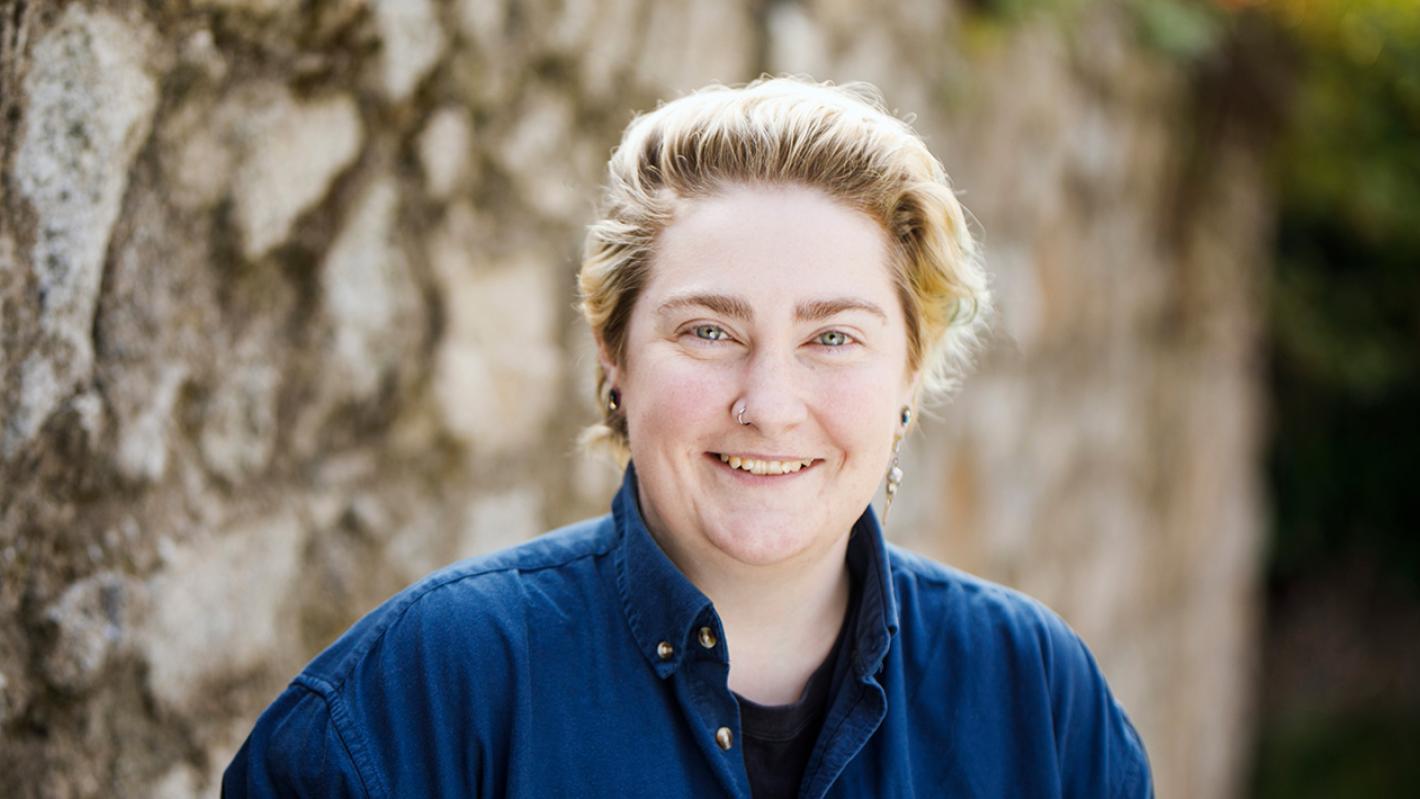
Cliona Rogan, Graduate Engineer at ROD.
Graduate Engineer, Cliona Rogan, describes her excitement at being part of TII's enhancing Motorway Operation Services programme team, who are paving the way for future intelligent transport systems (ITS) projects in Ireland
I come from a family of engineers. When I was younger, my parents always managed to bring engineering-related activities into every summer holiday! It was their influence – together with my interest in problem-solving – that led me to a career in engineering.
I studied Civil, Structural and Environmental Engineering at Trinity College Dublin (TCD) before undertaking a master’s degree – also in TCD - that allowed me to specialise in transportation engineering.
I’m a graduate engineer in ROD’s transportation team. Before joining the enhancing Motorway Operations Services (eMOS) operations team, I worked on traffic impact analysis for several large-scale projects, as well as the drainage design for the A6 Randalstown to Castledawson ECI in Northern Ireland.
My work involves:
Previous experience working on large-scale transportation projects allowed me to dive right into the eMOS programme. I was already proficient in geographic information system (GIS) and computer-aided design (CAD) software, but I also knew to operate in a team and understood the importance of achieving the expectations of both the client and the public when delivering a project. The ITS knowledge I gained at college has also been beneficial in terms of helping me grasp the bigger concepts behind the eMOS programme.
The eMOS programme will introduce new ways in which ITS technology will interact with road users on Ireland’s road network. Part of the challenge for me is to predict user behaviour – without any previous history to draw upon - and try to foresee challenges or issues that may arise in the future.
Working with a team of engineers who are expert in their respective fields and knowing that this project will contribute to improving the city I grew up in are two of the most enjoyable aspects of my work.
As a transportation project, eMOS is completely different to anything I have worked on before. In addition to the new and interesting concepts and challenges it presents on a daily basis, eMOS has given me a broader view of civil engineering, a better understanding of the challenges involved in delivering large-scale projects, and an opportunity to learn new software that may also be beneficial for projects outside of ITS.
Everyone on the team has been a role model for me; I couldn’t hope for a better group of people to work with so early in my career.
For me, the most innovative part of the project is the use of data analytics to manipulate and understand the traffic flow on the M50. eMOS is paving the way for future ITS projects in Ireland, which is very exciting!
Yes. This project is just touching the surface of the possibilities that ITS has to offer in terms of improving the entire transportation network here in Ireland. I’m excited to see what’s in store next.
Sustainability needs to be at forefront when we consider the future of transport. For example, with electric vehicles on the rise, we need to ensure that the source of their power is sustainable. On a personal note, I’m excited for autonomous vehicles because I don’t have a driver’s license, and I’m keeping my fingers crossed that I never have to get one!
I would tell anyone considering a career in engineer to “go for it!” Not a lot of people realise when they choose to study engineering just how broad the range of skills they will develop is – it is about so much more than just maths and physics. It’s also fun to walk past a building or a road and know that you helped to build it!
